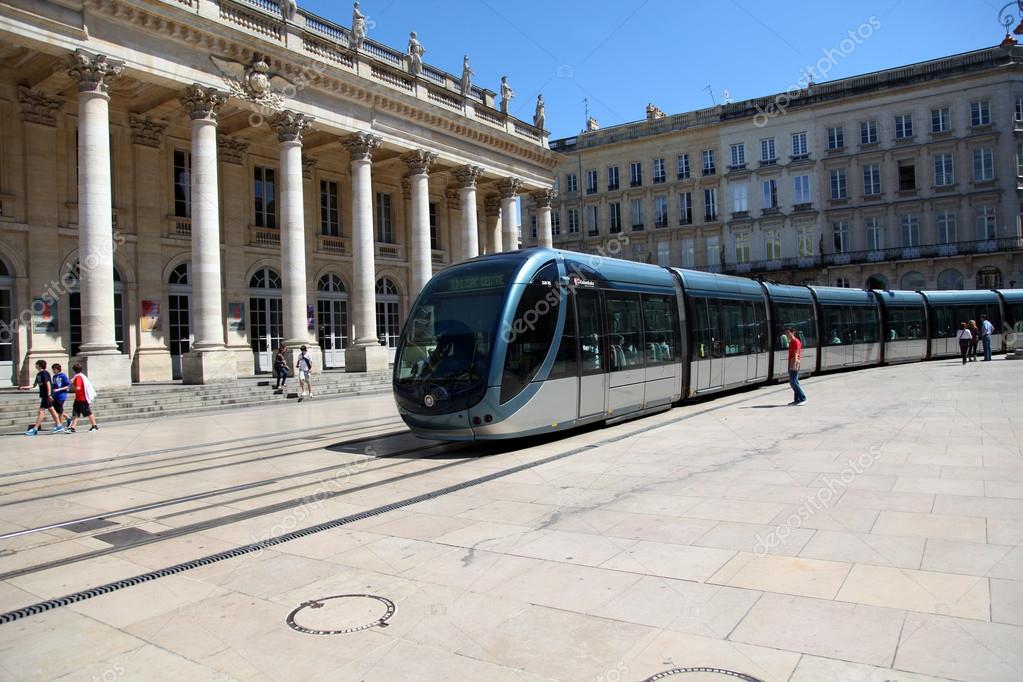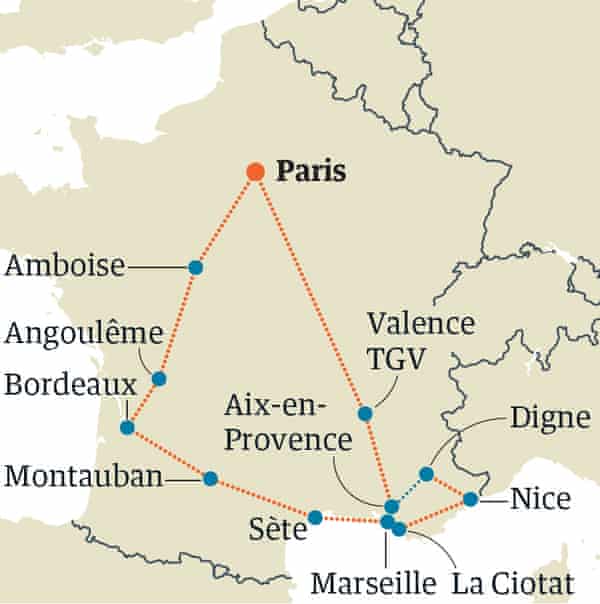h/t to kottke.org
This is referenced in this article on Tokyo:

 metropolisjapan.com
metropolisjapan.com
On trains:
While I live in NYC, the US's biggest metropolis, Tokyo was on a different level when I visited it in terms of walkability. Street codes require private car storage in many areas, unlike NYC which gives away free public space to cars. Cars not only add pollution, including noxious particulates but noise. It's only gotten worse during the pandemic as well.
Big cities simply are not made for large-scale personal vehicle use AND quality of life.
At the same time, Japan is not anticar. They have two massive car companies (Toyota and Honda), lots of gearheads. But they know that you can't build a transportation strategy on car culture alone, especially in dense cities.
This is referenced in this article on Tokyo:

Why Tokyo Works | Culture | Metropolis Japan
Understanding what makes Tokyo so special is noticing the aspects of Tokyo’s urban design that make the city so easy to be in.
For visitors, the scale, density, cleanliness and bright lights dazzle; for locals, the livability, dynamism, variety and safety keep them satisfied. It takes only a few minutes in the metropolis to understand that Tokyo is an impressive place, but it takes a lot longer to understand how it got that way, and why it works so well.
Defining what actually constitutes Tokyo isn't as easy as it might seem. Google gives us a population ranging from 14 million up to 37 million, and satellite images show a sprawling grey mass that extends far past the borders defined as Tokyo. Its 23 wards are generally what make up the city, but as a prefecture, Tokyo includes relatively unpopulated places like the mountainous Okutama region, as well as tiny islands over 1,000 kilometers away. This sprawling area is incredibly economically productive; if it were a country, it would have the world's 10th largest GDP.
Tokyo is decentralized. Kengo Kuma, one of Japan's leading architects, describes the city as a "collection of small villages, rather than one big city," and it certainly feels that way. As opposed to urban sprawls like New York or Paris, Tokyo is very literally without a center. Most Western city centers feature a square, a church, a bank or another powerful institution; places people are invited to frequent and are epicenters of activity and crossings. In contrast, the center of Tokyo is, as French philosopher Roland Barhtes described it, a void. Instead of being a space where people gather and businesses operate, it's the Imperial Palace: a giant inaccessible green space surrounded by a moat.
On trains:
While trains have long been part of Japanese daily life after most of Tokyo was leveled during World War II, Japan had to make a post-war decision to either adopt the American automobile-focused city or to rely on public transportation. Of course, they chose public transportation, likely because of Japan's lack of natural resources like oil. Thus, small towns outside of Tokyo could connect with the denser downtown areas, turning these peripheral areas into liveable, well-connected hubs. This is why Tokyo today is so sprawling, yet so connected. The system was so effective that Tokyo currently has an incredibly low car-ownership rate — 0.54 cars per household — while San Francisco's rate is 1.10 and London's is 0.74.
"A developed country is not a place where the poor have cars. It's where the rich use public transportation," says Colombian politician Gustavo Petro. His quote rings especially true when considering Tokyo's trains. Its rail system is an equalizer between rich and poor. It's usually the fastest way to get from A to B within the city, it's affordable and everyone uses it. There is no stigma attached to riding the train, it's simply the standard.
When it comes to trains, Tokyo functions as a sort of web of smaller centers on the outside connected to larger centers on the inside. At the heart of each of these centers is a train station. For the most part, these stations are, to borrow Barthes' words again, prosaic structures. The center of each area of Tokyo's wards is a train station, but it is generally a utilitarian building that functions only to serve the area around it. It itself is not the highlight; it is what surrounds the stations that makes each location worth visiting.
While I live in NYC, the US's biggest metropolis, Tokyo was on a different level when I visited it in terms of walkability. Street codes require private car storage in many areas, unlike NYC which gives away free public space to cars. Cars not only add pollution, including noxious particulates but noise. It's only gotten worse during the pandemic as well.
Big cities simply are not made for large-scale personal vehicle use AND quality of life.
At the same time, Japan is not anticar. They have two massive car companies (Toyota and Honda), lots of gearheads. But they know that you can't build a transportation strategy on car culture alone, especially in dense cities.







